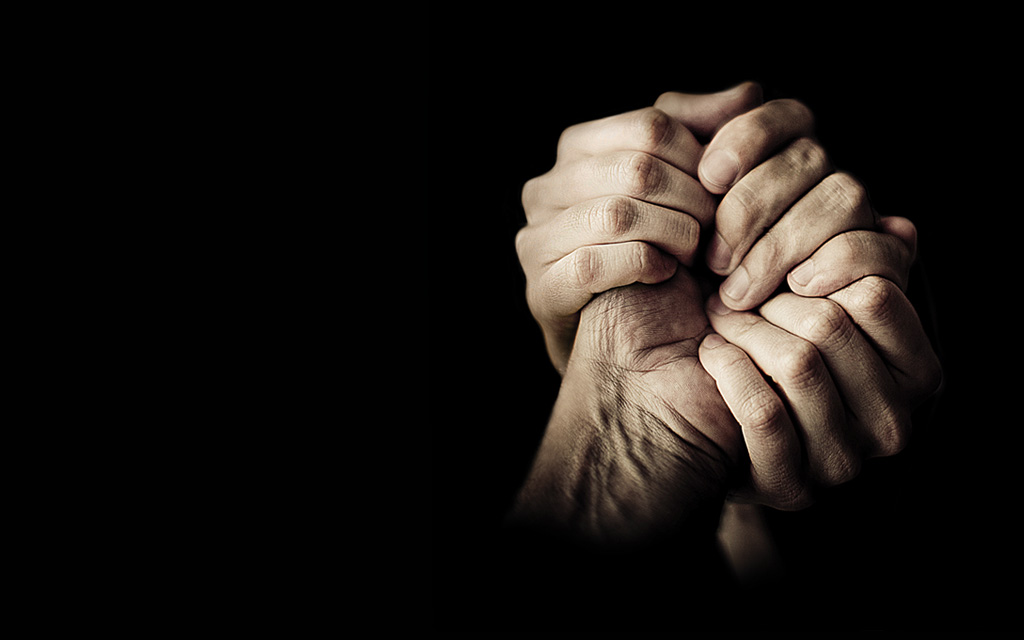End of Life
End of life (EOL) care is a sensitive topic that presents challenges to health care professionals, patients, and their families (Walczac et al., 2014). Diseases such as cancer are often lethal and patients are commonly given a set life expectancy (Walczac et al., 2014). In addition, reports state that a significant rise in deaths will occur over the next few decades (Sprinks, 2011). Thus, prompting an increasing need for healthcare professionals to be well prepared in providing care for these individuals. However, nurses and doctors are often challenged with discussing end of life with their patients (Walczack et al., 2014). Research states that healthcare professionals avoid discussing end of life with their patients due to fears of disappointment (Sprinks, 2011). Timely communication and patient readiness also present challenges to many healthcare professionals (Walczack et al., 2014). Nonetheless, understanding how to improve end of life care, communication, and skills is crucial to providing quality patient care.
Communicating with patients at the end of life can be made easier by initiating the process of Advanced Care Planning (ACP), which essentially involves discussing patient prognosis (Walczack et al., 2014). By initiating ACP, patient questions related to timing and progression of disease can be answered and an increasing balance in care can be provided (Walczack et al., 2014). Evidence also suggests that patients should be involved in their care as much as possible (Walczack et al., 2014). Further supporting this idea, reports state that patient needs at the end of life are often not met due to a lack of staff communication and patient involvement (Sprinks, 2011). Aside from communicating with patients, communicating with caregivers and family plays a crucial role in end of life care because they are often given the role of making health decisions for patients who are no longer fit to do so (Walczack et al., 2014). In a study implementing the use of a Question Prompt List (QPL), which contained a list of questions related to EOL that patients and families were encouraged to ask, results indicated that patients and caregivers asked twice as many questions and had fewer unmet information needs regarding future care (Walczack et al., 2014). Thus, patients can be expected to have fewer concerns and a potential decrease in anxiety related to end of life. End of life is something that everyone will have to experience one day or another. Regardless of how prepared an individual is, end of life is never easy. I hope you enjoyed reading my blog, I look forward to reading all of your responses and blogs as well!
References
Sprinks, J. (2011). Nurses lack confidence in providing end of life care. Nursing Older People, 23(2), 6-7. http://dx.doi.org/10.7748/nop2011.03.23.2.6.p5035
Walczak, A., Butow, P.N., Clayton, J.M., Tattersall, M.H., Davidson, P.M., Young, J., & Epstein, R.M. (2014). Discussing prognosis and end-of-life care in the final year of life: A randomized control trial of a nurse-led communication support program for patients and caregivers. BMJ Open, 4(6), e005745. doi:10.1136/bmjopen-2014-005745.



